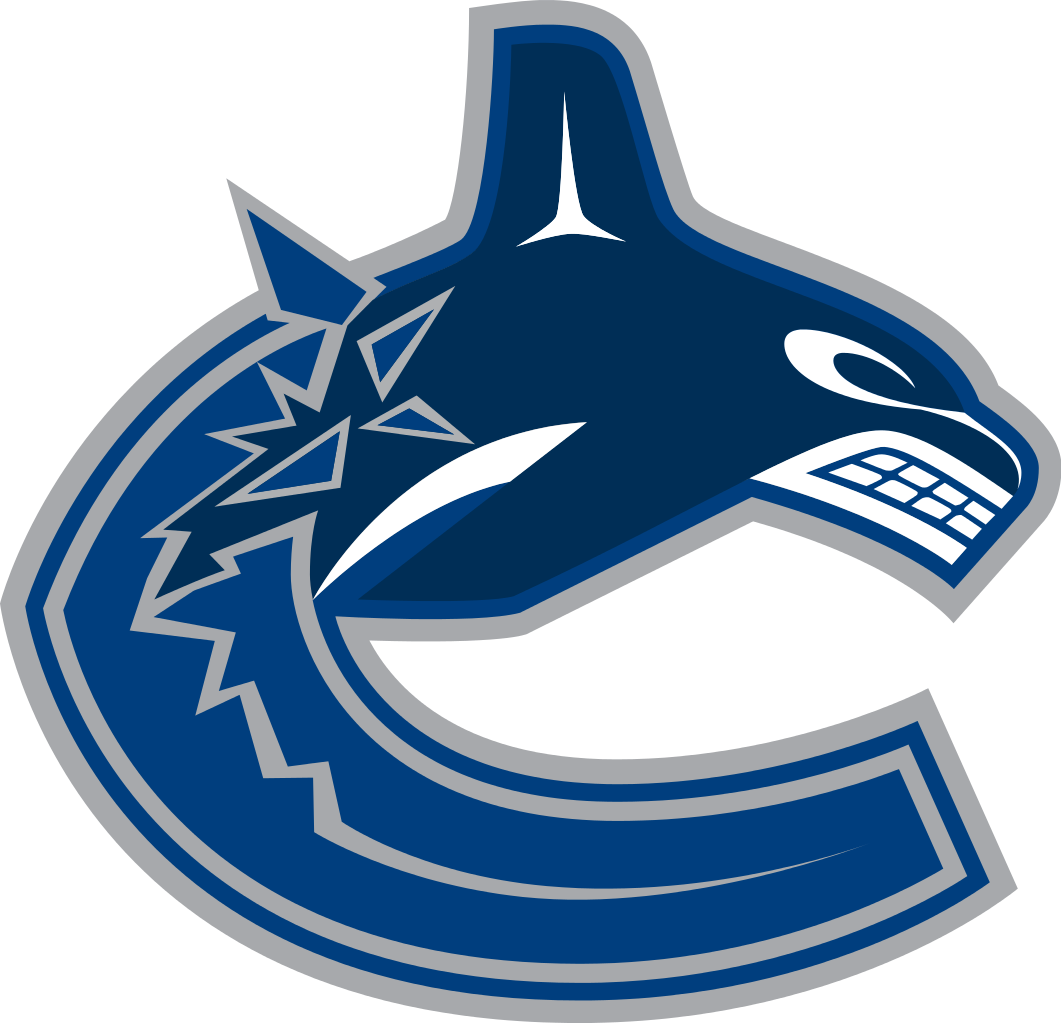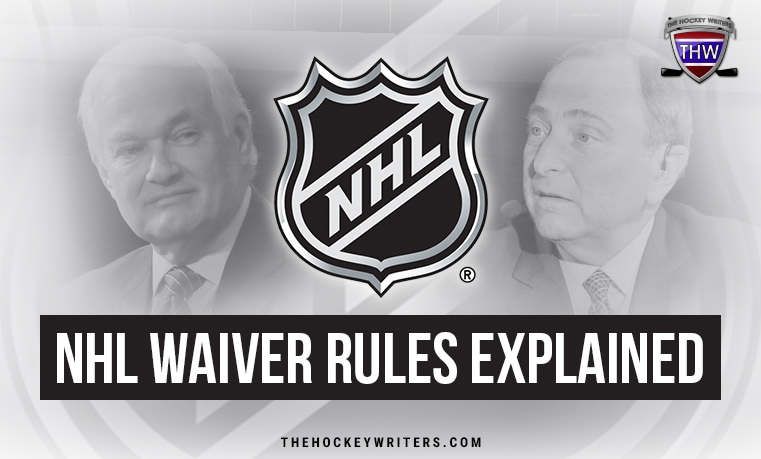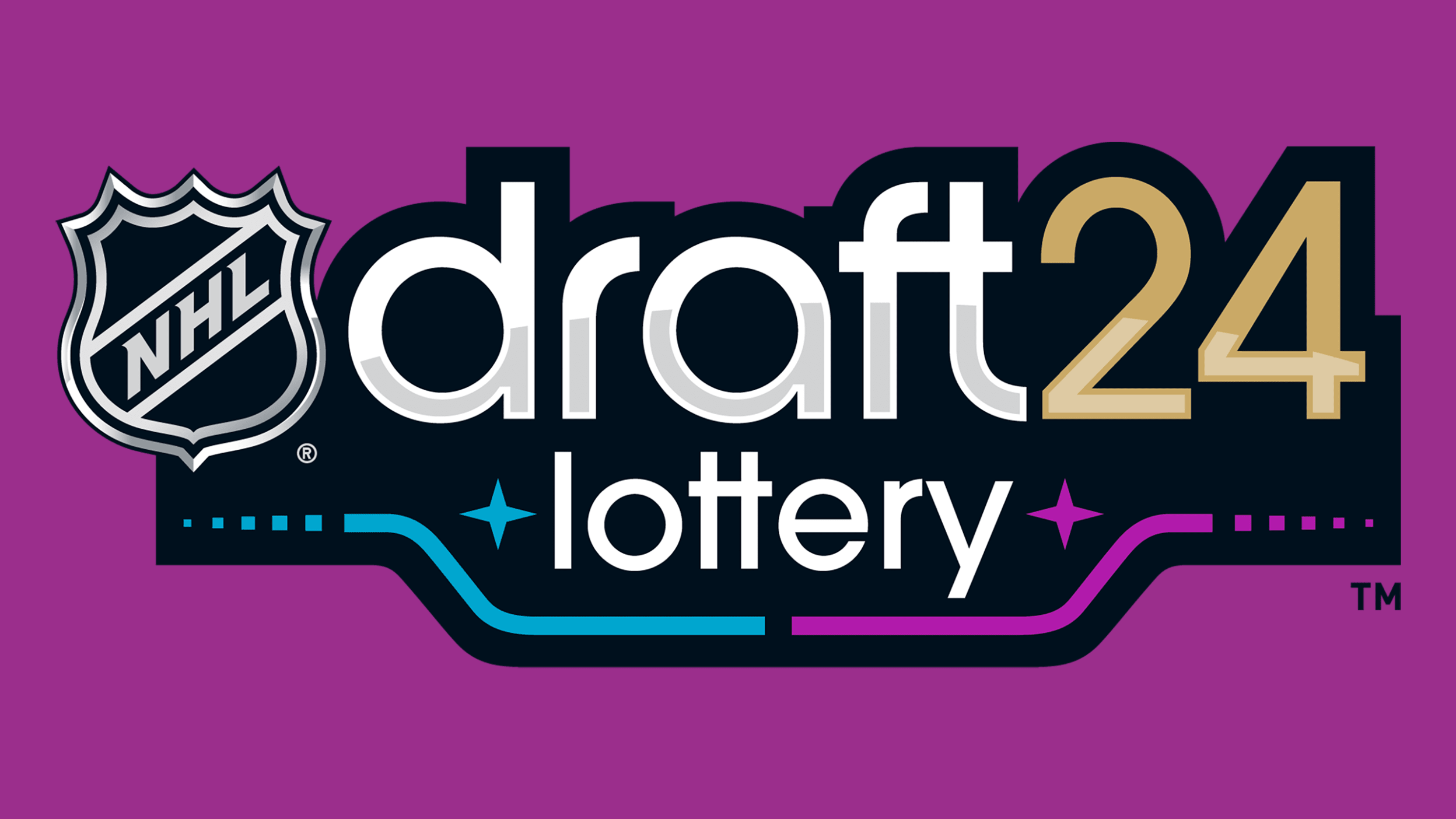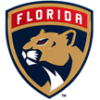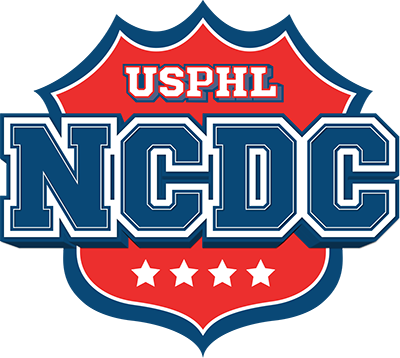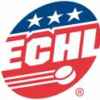
Becoming an NHL scout
 Tom Thompson
Tom Thompson2012-03-30 12:53:00
Like all people in the player personnel departments of NHL teams, I spend a good deal of time on airplanes. I get my share of annoying seat-mates as well as others who are engrossed in their own affairs or drift quickly off to sleep. But one of the pleasures of this job involves another type of seat-mate.
On a recent flight, my friendly seat-mate identified himself as a psychiatrist. I used this opening to pepper him with questions concerning the hockey business and my personal life. When I paused for breath, he then used his opening to ask me a question that I had never been asked before. He politely advised me that he knew I would have a definite answer and then inquired, “When people become aware of your job, what is the most common question that you are asked?”
That’s easy. On occasions too numerous to remember, I have been asked, “How do you get into the scouting business?”
This question gets asked by all kinds of people and all kinds of seat-mates. For some, it’s merely a polite way of continuing the conversation. For others, they simply have a sincere interest in what appeared to be an interesting job. For a particular group of people, the question is crucial – in their minds, they want to become NHL scouts as soon as possible and are looking for the fastest track to achieve their goal.
My answer to the question is pretty simple. Generally speaking, there are only two routes into the scouting profession at NHL level. The first is to become a star hockey player, usually one who is said to possess “character.” When that player’s career ends, his team wants to find a spot for him “in the game” and will often offer up a scouting job.
The second route is by far the most common. As in my situation, a minor hockey coach is asked to do a bit of “bird-dogging” for the local junior club. From there, it usually goes something like this:
• He will have some knowledge of the game, some people skills and more passion than his competitors.
• Some of his recommendations prove to be successful and he’ll be offered higher levels of responsibility.
• Eventually he’ll advance to a position of authority with the junior club.
• The team has some success and perhaps graduates some players to the NHL.
• People in hockey circles acknowledge he has a “keen eye” for talent.
• Either a professional acquaintance gets into a position of authority with an NHL team or one of his friends recommends him to a person in authority who trusts his friend.
• He is hired. He is an NHL scout.
Sometimes I respond to this question with inquiries of my own. Does the person really have an understanding of what the job involves? Is the person prepared to make the lifestyle sacrifices that are necessary? Is the person prepared to start at the bottom and work his way to the top?
When I ask people what attracts them to scouting, the most frequent response is that scouts get to do the two things they love – travel and watch hockey games. And while that’s true, scouts don’t watch the game the same way a fan does and the travel isn’t leisurely.
The same fans then offer the insight that the worst aspect of scouting must be the pressure to make decisions. On this point, they are wrong. Every successful scout I know wants to be in a position to make decisions that have some impact. The most difficult aspect of the job is developing the physical and mental endurance to withstand the arduous travel schedule. This requirement causes more veteran scouts to leave the profession than anything else.
Hall of Fame football coach Bud Grant said there were three requirements for success in his job – a patient wife, a loyal dog and a great quarterback. A successful NHL scout doesn’t need a great quarterback, but the other two factors certainly help. Having a friend at the right place to gain entry to the NHL would be the third crucial factor. For qualified candidates, performing an NHL job is often not as difficult as obtaining it.
Tom Thompson worked as head scout for the Minnesota Wild from 1999-2001 and was promoted to assistant GM in 2002, a post he held until 2010. He has also worked as a scout for the Calgary Flames, where he earned a Stanley Cup ring in 1989. He currently works as a scout for the New York Rangers. He will be writing his Insider Column regularly for THN.com throughout this season.



